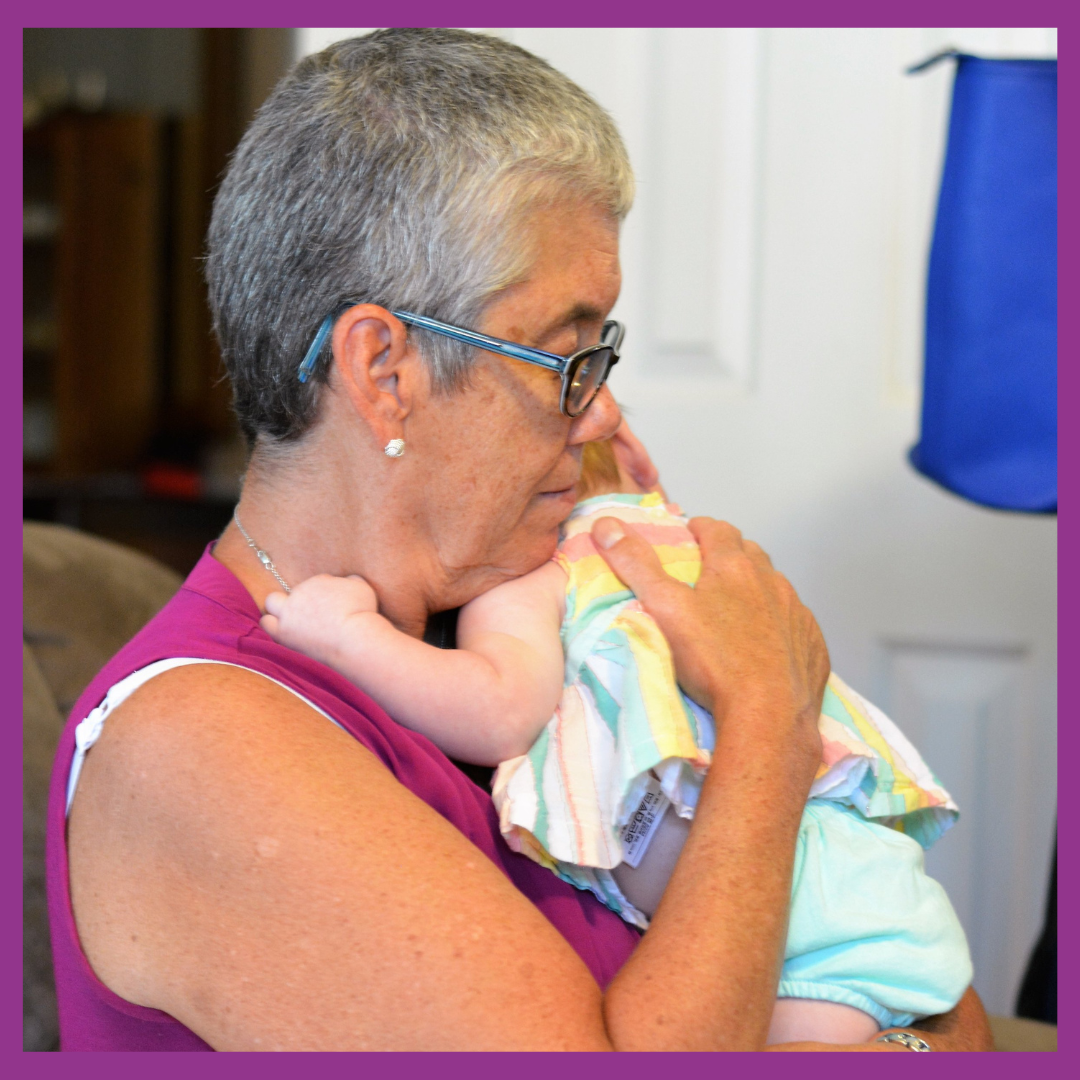Understanding Pediatric Hospice Care: A Compassionate Approach to End-of-Life Care for Children.
When we think of hospice care, the image that often comes to mind is that of elderly patients receiving end-of-life care. However, hospice care is not limited to adults; it also encompasses pediatric hospice care, a specialized service designed to support children with life-limiting illnesses and their families.
What is Pediatric Hospice Care?
Pediatric hospice care is a holistic approach to care that focuses on the physical, emotional, and spiritual needs of children who are facing terminal illnesses. This type of care is not about curing the illness but about enhancing the quality of life for the child and providing support to the family. It involves a multidisciplinary team that typically includes doctors, nurses, social workers, counselors, and bereavement professionals who work together to manage symptoms, provide comfort, and offer emotional and psychological support.

Key Components of Pediatric Hospice Care
Symptom Management:
Pain Control: Ensuring the child’s comfort is a primary goal. This involves managing pain and other distressing symptoms such as nausea, fatigue, and respiratory difficulties.
Medications and Therapies: Using medications, physical therapy, and alternative treatments to alleviate symptoms and improve the child’s quality of life.
Emotional and Psychological Support:
Counseling Services: Providing emotional support to the child and family members through counseling, art therapy, and music therapy.
Grief Support: Offering bereavement support to help families cope with the anticipatory grief and the loss of their child.
Family-Centered Care:
Communication: Keeping an open line of communication with the family, ensuring they are involved in the care plan and decision-making process.
Respite Care: Giving family members a break from caregiving duties, allowing them time to rest and recharge.
Home-Based Care:
In-Home Services: Delivering care in the comfort of the child’s home, which can be more comforting and less stressful than hospital settings.
24/7 Support: Offering around-the-clock support and care to address any urgent needs or concerns that may arise.

The Importance of Pediatric Hospice Care
Pediatric hospice care is crucial because it recognizes that children are not just small adults; they have unique needs that require specialized attention. The benefits of pediatric hospice care include:
Enhanced Quality of Life: By focusing on comfort and symptom management, children can experience a better quality of life in their remaining time.
Family Support: Families receive comprehensive support that helps them navigate the emotional and practical challenges of caring for a terminally ill child.
Dignified Care: Ensuring that children receive care that respects their dignity and provides a sense of peace.
When is Pediatric Hospice Care Appropriate?
Deciding when to start pediatric hospice care can be challenging. It is generally considered when:
- A child has a life-limiting illness with a prognosis of six months or less if the disease follows its natural course.
- Curative treatments are no longer effective or have been stopped.
- The focus shifts to palliative care to improve the child’s comfort and quality of life.
Conclusion
Pediatric hospice care is a compassionate and comprehensive approach to end-of-life care for children. It aims to provide comfort, dignity, and support to both the child and their family during one of the most challenging times imaginable. By addressing the physical, emotional, and spiritual needs of the child and offering robust support to families, pediatric hospice care helps ensure that every moment counts, providing peace and solace in the face of life’s most difficult journey.
